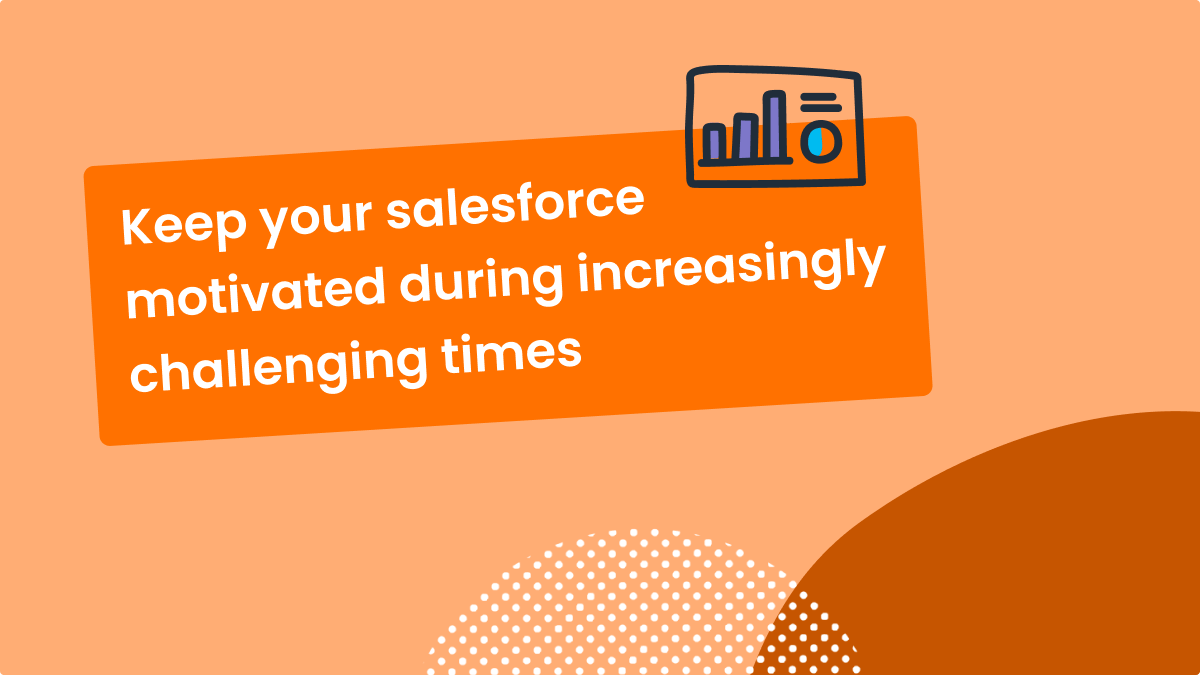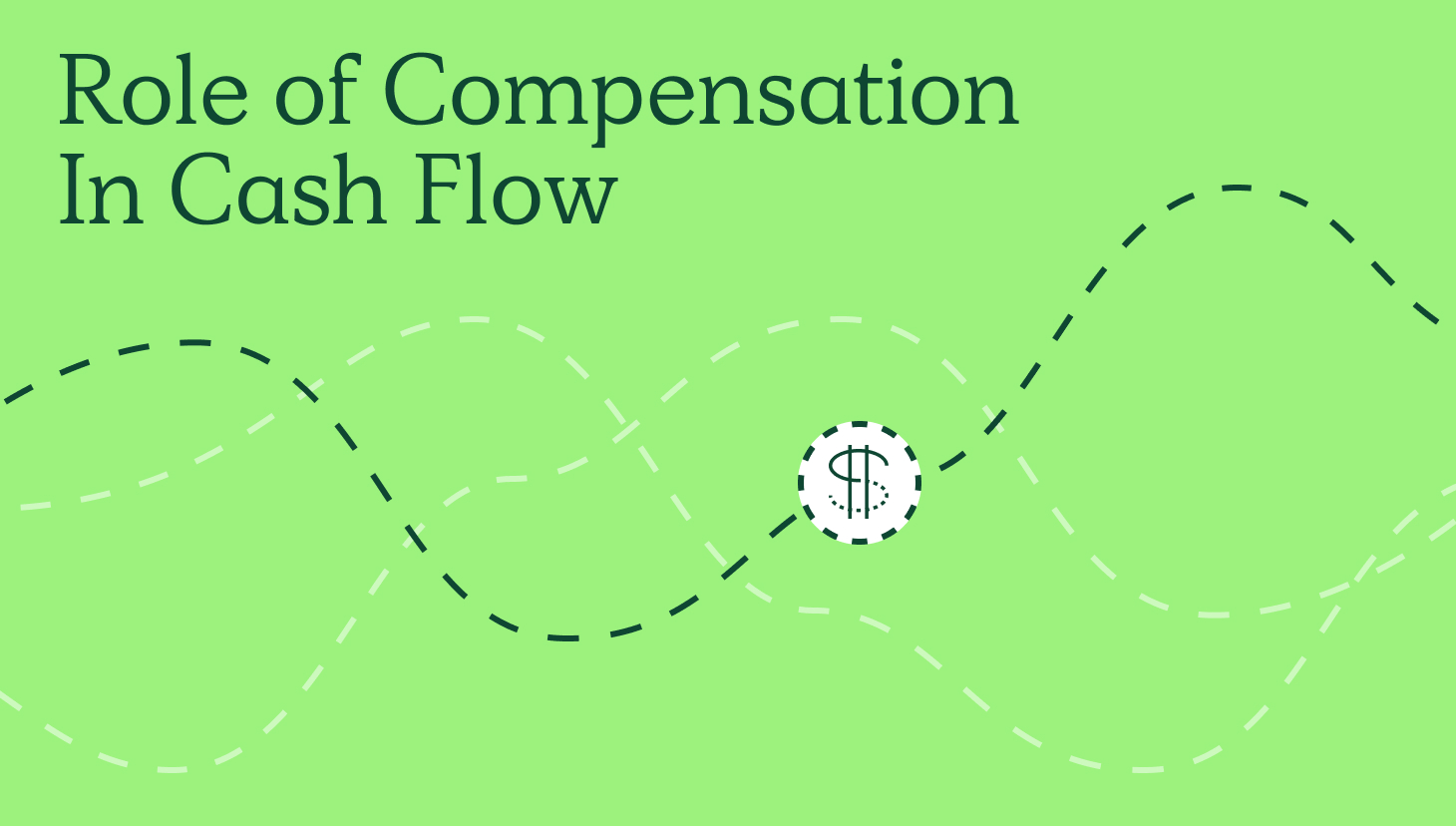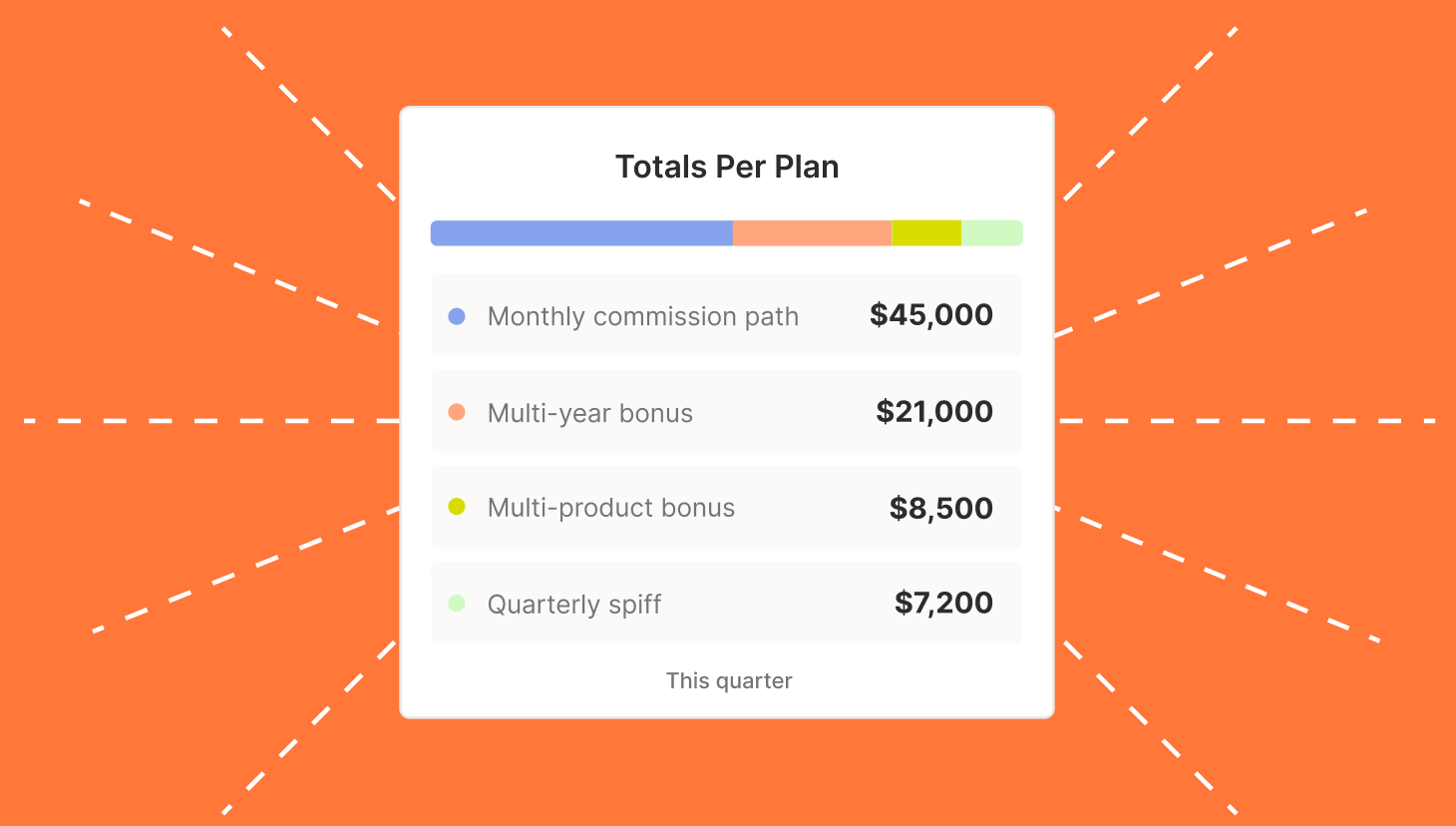Whether you believe we are already in a recession or that one is approaching, the key barometer of economic health indicates that we’re headed for one in 2023.
As a result, go-to-market (GTM) teams have begun adjusting their GTM strategies to meet buyers dealing with budget cuts, new pain points, and increasing concerns about unnecessary spending.
When shifting sales and overall GTM strategies, it’s important to update compensation plans to match.
Not sure how to make your comp plan fit for a recession? We have some tips to help get you started.
Try QuotaPath for free
Try the most collaborative solution to manage, track and payout variable compensation. Calculate commissions and pay your team accurately, and on time.
Start TrialAlign comp plans to business goals
Start your design at the C-level and with your board. Identify three to five strategic objectives for the company over the next quarter or year.
“Then ask, can any of those priorities be reinforced with sales compensation design?” Mark Roberge, Managing Director at Stage 2 Capital, said.
Sometimes you can’t.
“But sometimes you can,” Mark said. “And if you can, you do it. In my experience, that’s the No. 1 tactical implementation that will drive the strategic objective. Much more than the CEO saying this is what we’re trying to do.”
Use the commission plan to drive the selling behaviors necessary to achieve the business goals.
And, most importantly, if you change your business goals, your compensation structures should reflect that.
Add multi-year accelerators
A multi-year accelerator rewards sellers with a higher commission rate on deals with contracts that exceed 12 months.
“Multi-year deals tend to be better for the company,” said Andrew de Geofroy, SVP, of Global Revenue Platform for Quantive. “With current economic conditions, predictable revenue growth is more important toward profitability.”
In our free library of comp plan templates Compensation Hub, there are two multi-year commission structures you can adjust and customize.
These include Single Rate Commission with Contract Term Multiplier and the Commission with Multi-Year Accelerators plans.
By offering higher payouts on contracts exceeding one year, your reps will feel more motivated to ask for longer-term deals instead of opting for a single year. This helps boost year-over-year consistency while increasing lifetime value and reducing the competitive threat.
Focus on ICP and SPIF accordingly
An ideal customer profile (ICP) is a detailed description of an account that can benefit most from your solution. It helps sellers recognize and focus on accounts with the highest lifetime value potential.
Although your sales compensation plan may be aligned with your business goals, sometimes a short-term reward like a SPIF is necessary to motivate a desired behavior of quota-carrying teams, like salespeople, customer service reps, and sales engineers.
Sales teams can provide SPIFs, or bonuses, in addition to their standard compensation for deals that meet ICP. For example, earn 10% on the deal and an extra $100 bonus if the customer counts as ICP.
Up your commission rate for expansions
Those who have bought your product are most likely to buy it again.
Encourage your AMs or AEs, whoever gets attainment and commissions on expansions, to expand existing accounts with a higher commission rate than what you currently pay.
For example, most rates on expansions are less than the standard rate for new accounts, such as 3% on expansions versus 10% on new business.
Pressure test it first, but see if you can double the expansion rate to encourage reps to spend more time there. A few ways to pressure test are to:
- Run sensitivity analysis on each component test against variables such as Quota to OTE, actual commission rates, and multipliers.
- Run scenarios based on next year’s revenue assumptions
- Apply last year’s numbers
Adjust OTEs to realistic, attainable numbers
On-target earnings (OTEs) represent the total amount of money, including base salary plus commissions, a sales rep or account executive (AE) can earn in a 12-month period if they hit 100 percent of their quota.
This figure has become more important for top talent attraction and acquisition. The higher the OTE, the greater the chance a recruit accepts the offer over another.
But one thing to remember is that OTEs are not guaranteed. It’s important to ensure they are realistic or attainable. Otherwise, you risk high rep turnover, which can be quite costly.
A great way to determine if your OTE is realistic, attainable, and competitive with industry rates is to calculate the Quota:OTE ratio using our free calculator. Use the calculator to determine if your reps are paid well and pay for their role in performance.

Calculate OTE:Quota ratios
Use this free calculator to ensure your reps’ on-target earnings and quotas mirror what they’re bringing in for the business.
Try it nowMake your comp plan fit for a recession
Regardless of what you believe about the approach or the presence of a recession, it’s important to adapt to changing market conditions.
Review your GTM strategy and make changes where necessary to put your organization in the best possible position. Evaluate your compensation strategy and make sure it aligns with those adjustments.
Also, remember that as critical as it is to change as the market shifts, save major compensation adjustments for the end of the quarter. Changing partway through a period can be too disruptive and damage trust amongst your sellers. We are in this together.
If you need more help adjusting your comp plan, leverage one of our many comp plans in our free Compensation Hub or book a time with Graham Collins, our Chief of Staff and resident sales nerd.



